About Mid Ohio Valley Fellowship Home
Mid Ohio Valley Fellowship Home in Parkersburg, West Virginia is a nonprofit drug rehab center that serves adults struggling with substance abuse. Support extends to low-income individuals from West Virginia and neighboring Ohio counties, parents, court-referred clients, survivors of domestic abuse, and homeless women.
Funding may be supplemented by grants, and Medicaid payment assistance is available to qualified applicants. Free, sliding scale, and low-cost care is also available based on client income.
Gender-Separated Residential Drug Rehab in Wood County
Long-term residential recovery programming is provided here and residents will live in one of five separate sober homes.
All of these include 24/7 staff support, and custody or visitation for children.
Wilson House is the name of the men’s facility. Here, residents follow a structured program designed to support men whose substance use has led to legal involvement. The emphasis here is on accountability and relapse prevention.
Meanwhile, the women’s unit is known as Linda’s House. Here, residents follow a dedicated trauma‑informed track for women facing domestic‑violence histories and homelessness.
Parents in Residence is the center’s dedicated track for mothers and eligible fathers. Here, children can stay on-site with their parents while the adults attend parenting and sober living skills sessions.
Holistic Care and Support in Parkersburg, WV
All these houses are based in a residential neighborhood, and all feature common spaces, kitchens, and family space. Residents can enjoy access to balanced nutrition as well as employment‑readiness training and laptops donated by the local community.
Yoga and mindfulness workshops are available in partnership with Full Circle Yoga / Project Yoga MOV. Residents can also enjoy access to safe outdoor spaces, and proximity to local parks and green spaces for recreation.
Latest Reviews
Rehab Score
Gallery
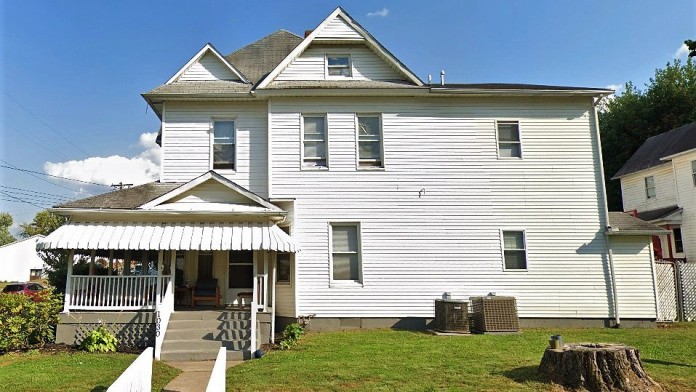
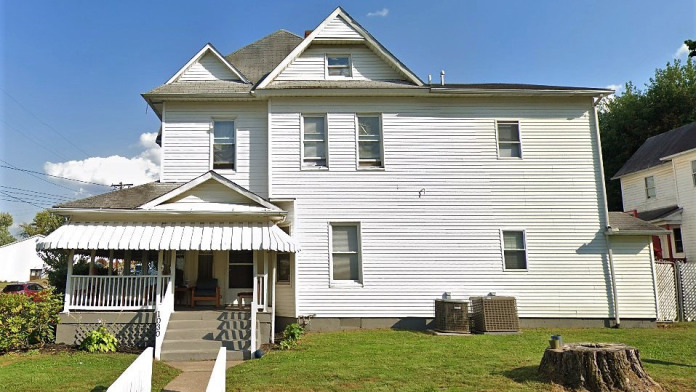
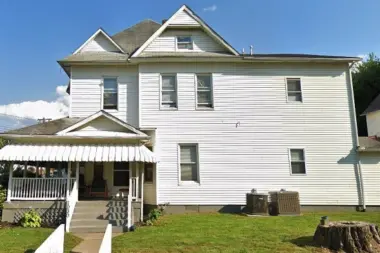
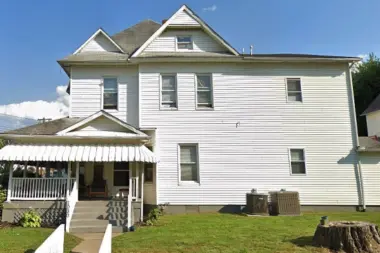
Other Forms of Payment
Private insurance refers to any kind of healthcare coverage that isn't from the state or federal government. This includes individual and family plans offered by an employer or purchased from the Insurance Marketplace. Every plan will have different requirements and out of pocket costs so be sure to get the full details before you start treatment.
Self-pay involves paying for treatment out of your own pocket. You can use savings or credit, get a personal loan, or receive help from family and friends to fund your treatment. If you don't have insurance or your insurance plan doesn't cover a specific program, self-pay can help ensure you still get the care you need.
Addiction Treatments
Levels of Care
Outpatient rehabs support clients' long-term recovery through a robust continuum of care aligned with clients' evolving needs. Many programs feature transitional services for clients stepping down from intensive inpatient care. Ambulatory medical detox is also available in some outpatient facilities for clients at low risk for withdrawal complications. Outpatient treatment centers typically encompass multiple levels of care, including partial hospitalization (PHP), intensive outpatient (IOP), supportive housing, and standard outpatient programming.
Residential treatment programs are those that offer housing and meals in addition to substance abuse treatment. Rehab facilities that offer residential treatment allow patients to focus solely on recovery, in an environment totally separate from their lives. Some rehab centers specialize in short-term residential treatment (a few days to a week or two), while others solely provide treatment on a long-term basis (several weeks to months). Some offer both, and tailor treatment to the patient's individual requirements.
12-step programs are addiction recovery models based on Alcoholics Anonymous (AA). A number of substance abuse programs (including some drug and alcohol rehab centers) use the 12 steps as a basis for treatment. Beginning steps involve admitting powerlessness over the addiction and creating a spiritual basis for recovery. Middle steps including making direct amends to those who've been hurt by the addiction, and the final step is to assist others in addiction recovery in the same way. 12-Step offshoots including Narcotics Anonymous (NA), Cocaine Anonymous (CA), Dual Recovery Anonymous (DRA), Sex and Love Addicts Anonymous (SLAA) and Gamblers Anonymous (GA).
Treatments
The goal of treatment for alcoholism is abstinence. Those with poor social support, poor motivation, or psychiatric disorders tend to relapse within a few years of treatment. For these people, success is measured by longer periods of abstinence, reduced use of alcohol, better health, and improved social functioning. Recovery and Maintenance are usually based on 12 step programs and AA meetings.
Drug addiction causes psychological and physical damage through repeated and uncontrollable use of substances. Drug rehab in West Virginia focuses on providing a full continuum of care, from detox to aftercare, and treatment can take place in outpatient or inpatient settings, based on your needs.
Opioid rehabs specialize in supporting those recovering from opioid addiction. They treat those suffering from addiction to illegal opioids like heroin, as well as prescription drugs like oxycodone. These centers typically combine both physical as well as mental and emotional support to help stop addiction. Physical support often includes medical detox and subsequent medical support (including medication), and mental support includes in-depth therapy to address the underlying causes of addiction.
Substance rehabs focus on helping individuals recover from substance abuse, including alcohol and drug addiction (both illegal and prescription drugs). They often include the opportunity to engage in both individual as well as group therapy.
Programs
Adult rehab programs include therapies tailored to each client's specific needs, goals, and recovery progress. They are tailored to the specific challenges adult clients may face, including family and work pressures and commitments. From inpatient and residential treatment to various levels of outpatient services, there are many options available. Some facilities also help adults work through co-occurring conditions, like anxiety, that can accompany addiction.
Young adulthood can be an exciting, yet difficult, time of transition. Individuals in their late teens to mid-20s face unique stressors related to school, jobs, families, and social circles, which can lead to a rise in substance use. Rehab centers with dedicated young adult programs will include activities and amenities that cater to this age group, with an emphasis on specialized counseling, peer socialization, and ongoing aftercare.
Clinical Services
Creativity is inherently healing, and can help those in recovery express thoughts or feelings they might not otherwise be able to. Creative arts therapy can include music, poetry/writing, painting, sculpting, dance, theater, sandplay, and more. Unlike traditional art, the final product matters far less than the experience of creation and expression itself.
Group therapy is any therapeutic work that happens in a group (not one-on-one). There are a number of different group therapy modalities, including support groups, experiential therapy, psycho-education, and more. Group therapy involves treatment as well as processing interaction between group members.
In individual therapy, a patient meets one-on-one with a trained psychologist or counselor. Therapy is a pivotal part of effective substance abuse treatment, as it often covers root causes of addiction, including challenges faced by the patient in their social, family, and work/school life.
Sound therapy (aka sound healing or vibrational medicine) uses sonic vibrations to stimulate healing at the cellular level. Vibrations, either from the human voice or resonant objects like tuning forks, gongs, or Tibetan bowls, affect cellular resonance in the body, which can help heal the impact of anxiety, depression, trauma, and more.
Amenities
-
Residential Setting
Staff
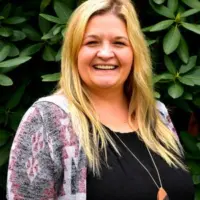
Brandy Blatt
Executive Director
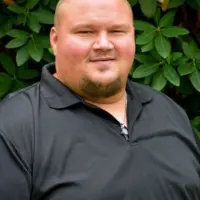
Steven Hunt
Assistant Manager
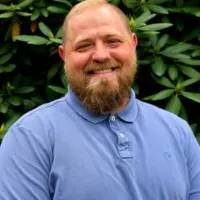
Charlie Miller
Men’s House Manager
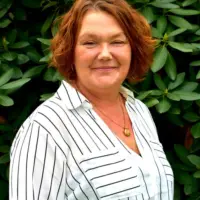
Sarah Wright
Women’s House Manager
Contact Information
1030 George Street
Parkersburg, WV 26101